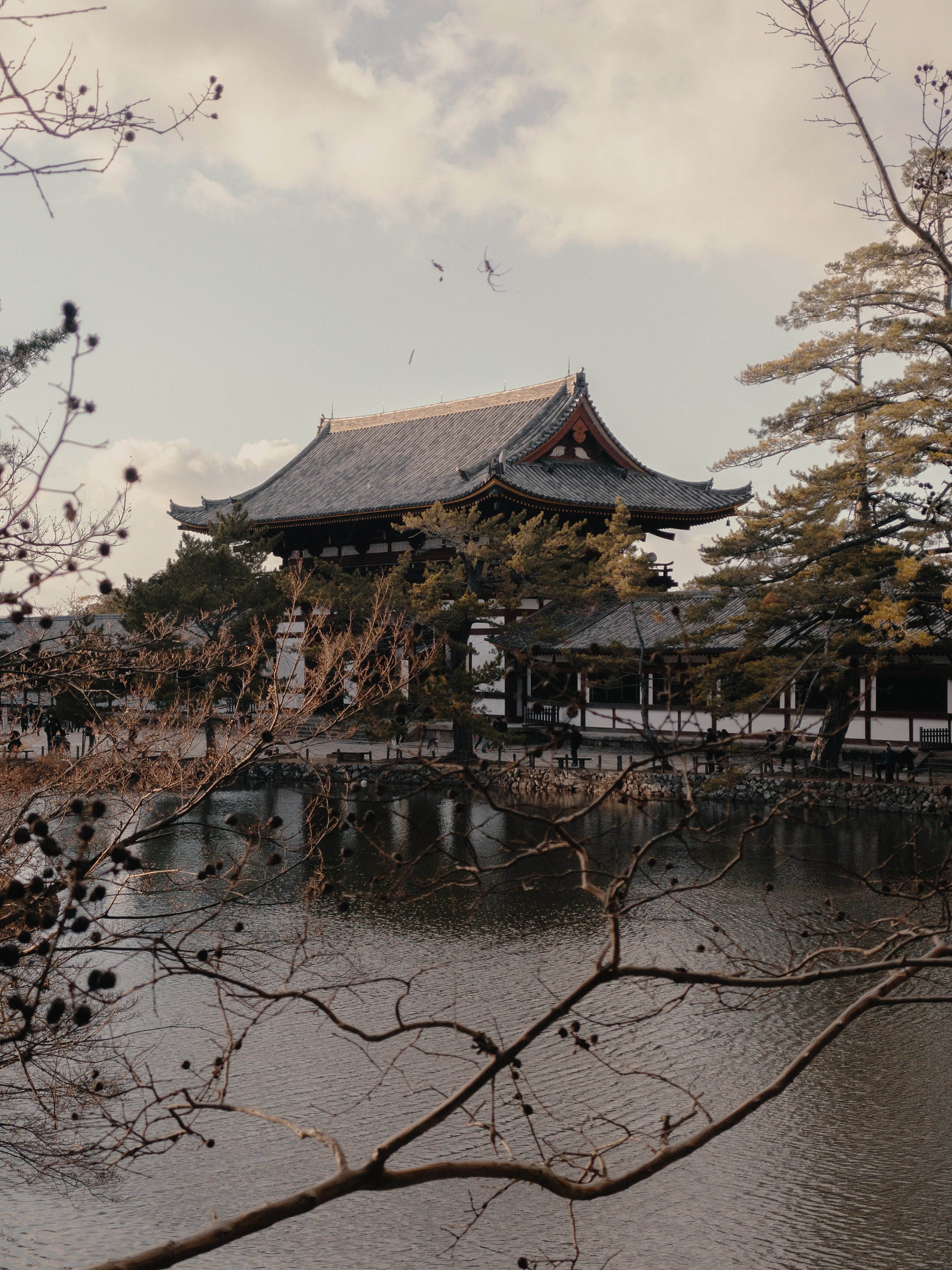
Mahayana Practice Centers
General Information:
There are many surviving lineages of Mahayana Buddhism that have suitable training centers. The most accessible are the various forms of Zen Buddhism. The different schools are Vietnamese Zen — Thich Nhat Hanh’s plum village tradition, Korean Zen — Kwan Um School, Chinese Zen - Chan, Soto Zen — a Japanese school founded by Dogen Zenji and Rinzai Zen — originally a Chinese school founded by Chinese master Linji (Rin Zai in Japanese). Women can ordain in all of these traditions.
US, Canada & Europe
Zen Mountain Monastery in Woodstock, NY:
General: Zen Mountain Monastery is a Zen training monastery for a dedicated community of monastics and laypeople located in the Catskill mountains of New York State. The was established in 1980 by John Daido Loori, a dharma heir of Hakuyu Taizan Maezumi. Zen Mountain Monastery is a member of the White Plum Asanga, an affiliation of centers in the lineage of Hakuyu Taizan Maezumi. Zen Mountain Monastery is one of the most established Zen training communities in the United States. They offer monthly 6-day Sesshin (retreats) each year held in the third or fourth week of each month.
Visiting & Ordination: Ordination is a lifetime commitment at Zen Mountain Monastery. If you put in the time and dedication, anyone can ordain here. There is a layered system where one can start as a lay resident and progress to a postulant and then novice monastic and eventually becoming a full monastic. This process can take 4-7 years. It is common to stay here for between 6 months and two years without entering postulancy and receive great benefit from the training.
Schedule: The schedule varies slightly by season. Spring and fall training periods at Zen Mountain Monastery are slightly more intensive. Generally, the monastery rotates between three weeks of a normal training schedule followed by a week of intensive retreat (“Sesshin”). The normal schedule includes 2-3 hours of daily meditation, an hour of chanting, communal meals, and work practice for around five hours per day.
Payment: The suggested donation for residency at Zen Mountain Monastery is $800 per month. If this is not feasible, please just speak to the training office about your situation. It’s unlikely you would be barred from training due to financial difficulties.
Great Vow Zen Monastery in Clatskanie, OR:
General: Great Vow Zen Monastery is a Zen training monastery based in Clatskanie, Oregon (1.5 hours north of Portland.) Great Vow is in the Soto lineage of Japanese Zen with strong Rinzai influence. They offer a mixture of traditional Zen training with some elements included from other traditions to balance the practice for Western psychology - namely, more emphasis on lovingkindness and psychological integration. The chanting is often original compositions from the monastery.
Visiting & Ordination: First one arrives as a lay guest, after 3 months to 2 years one can decide to become a postulant for ordination, a period that lasts anywhere between 6 months and 3+ years. After this one can take full ordination with the monastery which requires a 5-year commitment.
Schedule: The practice schedule is quite rigorous here, including Sesshin (6-day retreats) every month and a Ango period every Fall, including 3:50am wake ups. There is somewhat less rigorous training period each spring, a more relaxed monastic schedules for parts of the summer and winter.
Payment: Around $600 per month with the option for less for people with less money, or for people whose funds get low while at the monastery. Once you are ordained you get a stipend to support your practice, with no payment required.
Korin-ji in Reedsburg, WI
General: Korinji is a Rinzai Zen Buddhist training monastery (sodo) in North America, located on 17 forested acres about 50 miles from Madison, Wisconsin USA. The monastery is maintained by The Korinji Foundation, a federally recognized not-for-profit charity, and funded by a grassroots network of donors from around the world. Korinji is the spiritual center of a larger Rinzai Zen Community. Korinji is one of only a few Rinzai training centers in the West carrying a full traditional curriculum (shitsunai) of koan practice and instructing the orally transmitted breath and internal energetic practices of the Rinzai Zen tradition. The annual and daily schedules at Korinji are modeled on those experienced by our lineage's teachers at Japanese monasteries, including Tenryuji in Kyoto. There are eight intensive one-week retreats (sesshin) a year at Korinji, which are also open to guests. Aside from full-time residential monastic practice and retreats, Korinji offers many events such as Intro to Zen days when you can tour the monastery and learn basic meditation. (From the Korinji Website)
Visiting & Ordination: One can visit here for short term, or long-term, and ordination is possible as well for the most dedicated practitioners. Learn more.
Schedule: Expect to wake up around 4:30 am and 5:00 am depending on the time of year. Late night meditation (yaza) is an integral part of the practice, as is learning to cultivate internal energy.
Payment: Summer or Winter ango (3.5 months): $2500. Seikan (2.5 months): $900. Single month stay during ango: $800. Single month stay during seikan: $500 Note: No one will be disqualified from residence solely for financial reasons. If you are not able to donate the amounts above, please let us know what you can do. It may also be possible for residents to leave the grounds to work, or to leave the monastery entirely during parts of the year to do so. (From the Korinji Website)
Plum Village Zen Monastery near Bordeaux, France
General: The globally famous Plum Village monastery was founded by late Buddhist master Thich Nhat Hanh or “Thay” as he was known to his students. This monastery offers traditional training in the Vietnamese Zen tradition created by Thich Nhat Hanh. This tradition is known for its especially gentle approach, emphasizing mindfulness in daily life and everyday activities.
Visiting & Ordination: Thich Nhat Hanh’s tradition has a wonderful 5-year monastic training program offered to anyone younger than 50 years old. It is a wonderful place to commit your life to the Dharma. There are options in the US as well to ordain.
Schedule: This tradition has a later rise than any of the above Japanese monasteries. Expect to rise at 5:30am and to get plenty of sleep! There is not much classical “seated meditation” included in the schedule.
Asia
Tosho-ji in Japan
General: This is a traditional Soto Zen monastery and one of the best for Westerners to go for practicing Zen in Japan. This center is nestled underneath a beautiful mountain in southern Japan. More information will be updated about this center over time. Please inquire with team@dharma-gates.org for more information.
Visiting & Ordination: You can visit as a lay person and ordination is available for foreigners as well. This place has been recommended by multiple Americans who have travelled here, and one who ordained here.
Schedule: Expect to rise around 4am and for the daily schedule to consist of many hours of Samu (working meditation) and Zazen (Zen meditation).
Sogen-ji in Japan
General: This is a traditional Rinzai Zen monastery and known as one of the few in Japan that teaches in English and readily accepts Westerners. This monastery is led by Zen master Shodo Harada Roshi. The training here is very rigorous and designed to precipitate awakening as quickly as possible. Please inquire with team@dharma-gates.org for more information.
Visiting & Ordination: You can visit as a lay person and ordination is available for foreigners as well. Many Westerners have gone here to train and ordained long-term.
Schedule: Sogen-ji has an intensive meditation schedule. Expect to regularly rising early (3:30am) and sit last into the night. During non-Sesshin days, much of the day is spent doing work practice, chanting, practicing Zazen, and learning to integrate one’s concentration into daily life.

